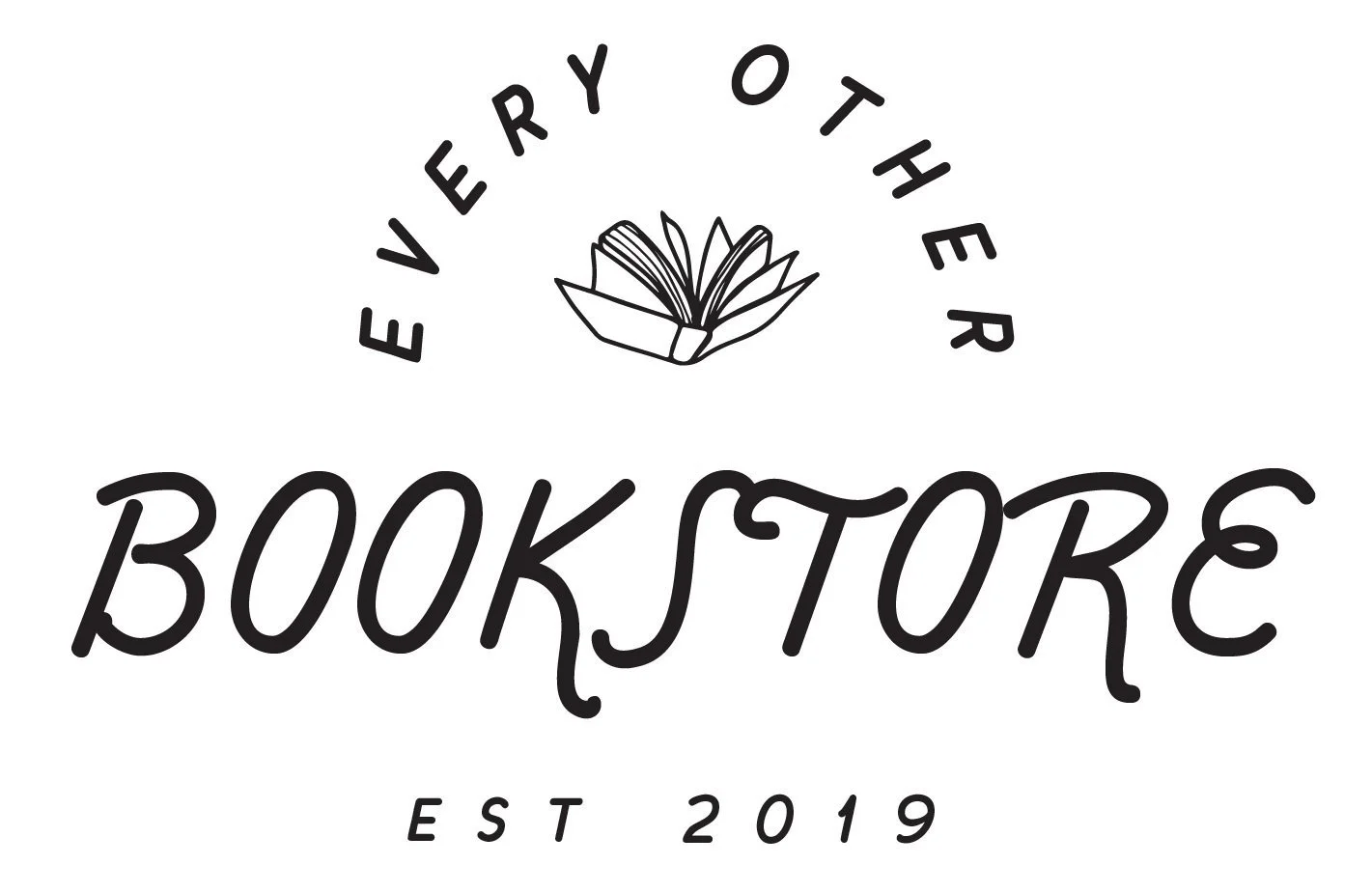The Catch-22 of Writing in a Digital Space
We live in a world where anyone can be a writer. The internet’s expansive landscape offers the promise that a nobody can become a somebody with a few clicks. Yet the illusion of sudden fame belies the reality: the arbitrariness of digital publicity threatens to destabilize cultural value. The rise of blogs, platforms like Medium, social media marketing, and digital books risks diluting writing itself, stripping it of integrity, intellect, and truth. As a recurring trend in technological innovation, convenience often replaces quality. Writers must navigate the ethical implications of creating content for mass consumption, balancing craft with the pressures of an attention-driven economy. While the humanities have long been criticized as irrelevant or dying, I argue that reading and writing are more essential than ever—and must be applied thoughtfully to the digital world.
The intellectual life of a writer is undeniably shaped by the constraints of online media. In 1944, Theodor Adorno observed in The Culture Industry that “Anyone who resists can only survive by fitting in.” Adorno’s critique of mass culture, framed through a Marxist lens, resonates strongly in an era of constant digital noise. Writers now conform not only to the technical demands of the online space—short paragraphs, bigger fonts, brevity—but also to ideological and algorithmic standards that determine visibility and success. Writing, inherently moral, political, and personal, faces the paradox of trying to challenge mass culture while operating within a capitalist framework. Refusing to “fit in” risks obscurity; acquiescing risks compromising intellectual and ethical standards. The question becomes: how can writers maintain civic, moral, and artistic responsibility while navigating the noise of the digital landscape? How does storytelling intersect with corporate agendas, and to what extent is content used to manipulate consumer desire?
The internet has opened opportunities for the humanities through blogs, copywriting, ad creative, and content marketing. Brands increasingly seek meaningful ways to connect with audiences, leveraging storytelling as a bridge. Companies such as Pledgeling even align brands with nonprofits, responding to data showing that 64% of consumers want socially responsible products. Yet the monetization of content often undermines authenticity. Brand blogs and marketing platforms like Copyblogger and HubSpot teach writers to craft messages that appeal to consumers’ desires—turning “vanilla ice cream” into “chocolate chip cookie dough.” While such guidance may benefit marketing strategy, it also raises moral questions: when writing is tailored to maximize engagement or profit, integrity is often sacrificed.
The economics of digital content further complicate matters. With black hat SEO largely obsolete, white hat strategies reward prolific output and keyword optimization. In this content-driven ecosystem, visibility becomes a measure of value, not truth. Consumers encounter catchy, emotionally resonant phrases, but may struggle to discern substance. Writing in this environment can become a tool of exploitation rather than expression. Brands that master this system, like Goop, illustrate the paradox. What began as Gwyneth Paltrow’s newsletter offering health, lifestyle, and spiritual advice evolved into a content-driven enterprise aimed at monetization. While Goop maintains a commitment to authenticity, financial incentives inevitably shape content choices, limiting inclusivity and subtly shifting narrative focus toward profitable categories.
Yet the digital humanities are not without promise. Platforms like Medium demonstrate that online spaces can support thoughtful, intellectual, and political discourse while compensating writers. While imperfect, these platforms offer curated access to high-quality content, countering the flood of clickbait and shallow marketing-driven writing. Still, attention spans are shrinking. The rapid-fire consumption of online content encourages skimming over deep engagement, shaping both writers and readers to prioritize speed over reflection.
In this context, writing and the role of the writer have been transformed. Where once writing was an art, it now functions increasingly as production—a vehicle for information, influence, or revenue. David Ulin, in The Lost Art of Reading: Books and Resistance in a Troubled Time, asserts that books and reading remain essential because they “are still the most effective mechanisms by which to crack open the universe.” In a digital age dominated by content for profit, the universe of thought risks being compressed into narrow, transactional spaces. Some brands—like Colgate and Bulletproof—have leveraged creative writing ethically, using content strategically without sacrificing integrity. Others, however, propagate misinformation or exploit reader psychology, illustrating the stakes for writers navigating digital culture.
As Ulin notes, online content can perpetuate anti-intellectualism: “we don’t need to think or be confronted; all we need to do is be affirmed.” Clickbait exemplifies this dynamic, exploiting readers’ desires while circumventing critical engagement. Digital writing can thus amplify the dangers Adorno and Hofstadter identified over a century ago: the standardization of culture and the erosion of intellectual rigor. Astra Taylor, in The People’s Platform, critiques the laissez-faire mythology of the internet, highlighting the monopolistic control of content by companies such as Google, Facebook, and Amazon. The digital economy is content-driven, and under monopoly conditions, mass culture risks homogenization and manipulation.
George Orwell, in his essay “Why I Write,” reminds us that art is inherently political: “The opinion that art should have nothing to do with politics is itself a political attitude.” Writing invites engagement, reflection, and the confrontation of differing ideologies. In the digital era, however, the monetization of content often reduces writing to a single-minded purpose: sell. Writers now face an ethical imperative—to create responsibly, to resist the lure of shallow engagement, and to sustain intellectual life amidst the flood of digital content.
In today’s culture, anyone can call themselves a writer, but not every writer contributes meaningfully. Digital platforms offer opportunity, but also the temptation of compromise. Navigating this paradox requires intentionality, critical thinking, and an unwavering commitment to craft. The humanities, far from obsolete, provide the tools to resist the trivialization of writing: the art of reflection, moral responsibility, and the courage to confront complexity in a world increasingly dominated by convenience and spectacle.
